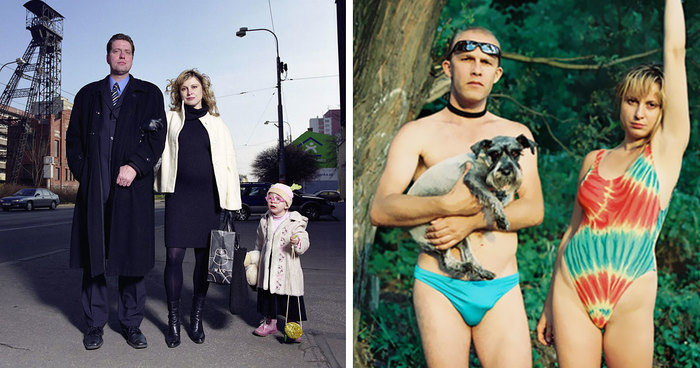
Photographer Imagines Her Life With Dozens Of Different Men In Self-Portraits
Dita Pepe, a Czech photographer from Ostrava, takes photos of herself as part of different families and with different men. “The Self-portraits” series began in 1999 with photos of Pepe in other women’s lives, but just as her life and partners changed, her 2003 MA project became “Self-portraits with Men.” The project is ongoing.
“What would it be like if I had been born somewhere else, in a different way, to other parents?” Pepe told CNN. “By using someone else’s clothes, I think I am dressing into someone else’s skin…”
Pepe’s self-portrait photography captures how identity is dependent on people and your surroundings. In 2003 she gave birth to her daughter, Ida, who is featured in many of her shoots.
More info: ditapepe.cz | Facebook (h/t: demilked, featureshoot)
“Many things had an impact on this work. When I was young I had a lot of personal issues to deal with, I didn´t feel good. I left my house at 18 and got married for Francesco Pepe, a psychology student who was 14 years older than me and who supported me a when we lived in Germany a year later, when I was 19. It was because of him that I started taking distance-learning courses in photography in my country. And although I have loved him a lot, what happened was that I fell in love with my schoolmate, who is my husband today”
“I came out of this family background where my father was a very dominant man and I was looking for a way out. My marriage confronted me with a totally different world, and after I fell in love again, I felt guilty for happened with Francesco”
“At the same time I was looking for inspiration in strong women, and I had deep understanding of broken women. I was interested in their life stories because I needed to process my own. My dream was to live differently, better than my parents”
“Before the Self-portraits series I was involved in documentary photography that was strongly influence by my teacher Jindřich Štreit. The subject was mentally and physically ill men in one community”
“As a child I lived in a small village where I met some of these men. They were different and I always had a great interest in them. I grew up in the era of communism when handicapped people were very isolated, so when I started photographing them, it felt like university graduation…with a strong focus on humanity…These photographs didn’t get much attention from my teachers but there were very important to me”
“My father used to take pictures of as many people as he could. Sometimes e used the kitchen as a darkroom, and he would sit by the enlarger with my mother next to the developing trays…it was magic in the darkness. For me, as a kid, it was unforgettable. I also remember the amazing atmosphere during slide projections at family parties. I miss those feelings today”
“The shift from self-portraits with women to Self-portaits with men was very natural. I was dealing with myself as a woman, and after some time, I was able to start facing myself with men. It would have never worked the other way around”
“I lacked self-confidence in the beginning. And working with children is even harder because I have to convince them to take part. And with small children, or my children, a lot of it about the feeling and mood. I don´t want to press anyone…but I recognize my skill in this regard…”
“Thanks to photography I met a lot of interesting people, and it opened many doors to places that I would have never have had a chance to get to otherwise. It still offers new opportunities and I feel that it helps me to understand the context and principles that touch my life. Photography is a from of therapy for me”
“Now I am working on a project that deals with women’s conception of intimacy. We’re making a list of important personal and social topics, stereotypes that follow women during the changes in their social status and role during their lives”
“The very intimate stories of six women highlight social prejudices and conventions enshrined in Czech postmodern society. I am again working with non-fiction writer Bára Baronová, who chose the topic (role of the woman) for her PhD thesis, and graphic designer Milan Nedvěd, who is a MFA Graphic Design graduate from the Rhode Island School of Design. The fruits of our labor will be a book and an exhibition”
“I believe that the book will be relevant to many people, and that it will have an impact on their understanding of intimacy in way it resonates with me”
Bored Panda would like to thank Dita Pepe for the interview
230Kviews
Share on FacebookShe had a lot of awesome ideas very interesting. I wonder what her real wedding was like or will be like?
Here too- maybe one of the photographs is the real one, but which one? :)
Load More Replies...It feels weird how different your life could be, when you choose a different partner.
It's very Interesting idea. .could you imagine live different life somewhere else?
i guess im the only one that finds this strange? or a wee bit narcissistic?
Great idea.... Very original. The photography isn't spectacular, but I think that adds to the realism.
To me this is basically stating that a man defines a woman and what her life will be like...
More than just the superficial this actually makes you start to consider the lives of others and empathise with them. Brilliant.
Interesting and great idea. Great photos, you can feel them. Also, love daughter's name ;)
Interesting and creative idea. Beautifully photographed www.photographystudies.com.au
Hopefully Dita can find an identity with one of her personas. Fun post Dainius.
Things that cross one's mind from time to time... Imagine YOUR face on the pics....
She dressed like their partners, sometimes in their clothes, to picture how her life with them may have looked. It's a photography project
Load More Replies...She had a lot of awesome ideas very interesting. I wonder what her real wedding was like or will be like?
Here too- maybe one of the photographs is the real one, but which one? :)
Load More Replies...It feels weird how different your life could be, when you choose a different partner.
It's very Interesting idea. .could you imagine live different life somewhere else?
i guess im the only one that finds this strange? or a wee bit narcissistic?
Great idea.... Very original. The photography isn't spectacular, but I think that adds to the realism.
To me this is basically stating that a man defines a woman and what her life will be like...
More than just the superficial this actually makes you start to consider the lives of others and empathise with them. Brilliant.
Interesting and great idea. Great photos, you can feel them. Also, love daughter's name ;)
Interesting and creative idea. Beautifully photographed www.photographystudies.com.au
Hopefully Dita can find an identity with one of her personas. Fun post Dainius.
Things that cross one's mind from time to time... Imagine YOUR face on the pics....
She dressed like their partners, sometimes in their clothes, to picture how her life with them may have looked. It's a photography project
Load More Replies...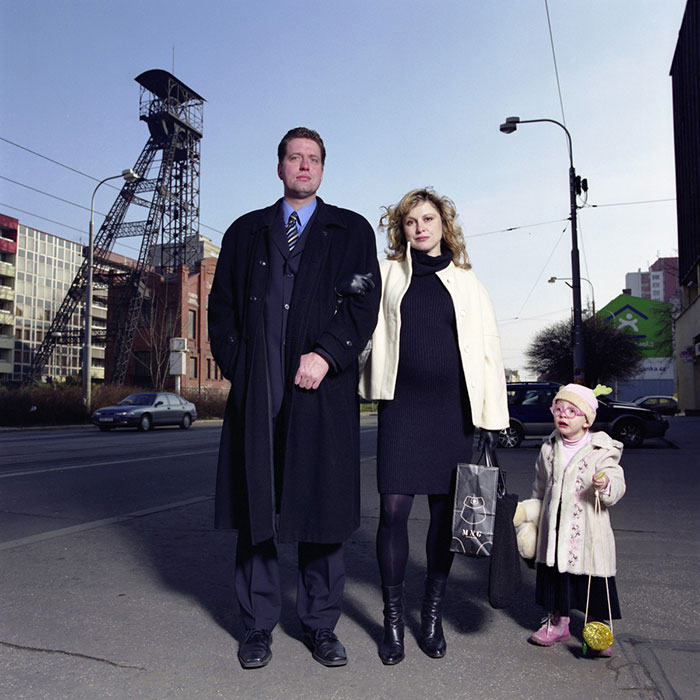
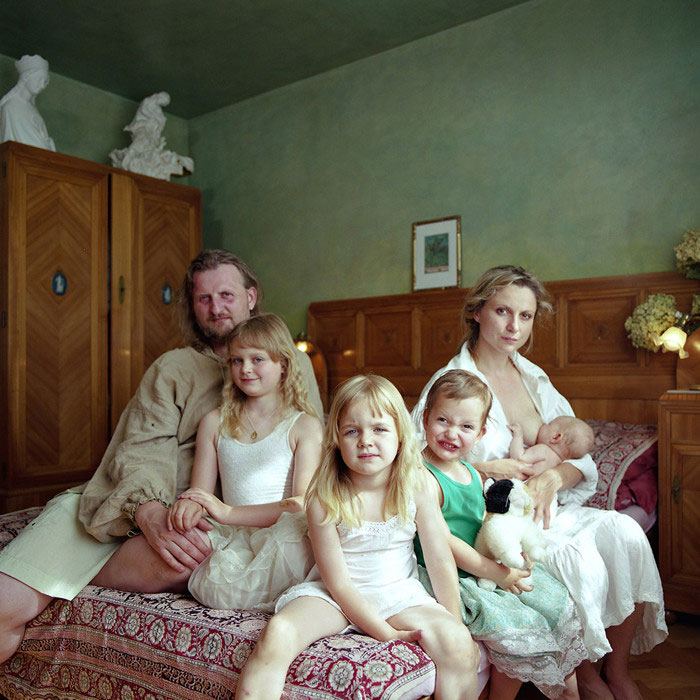
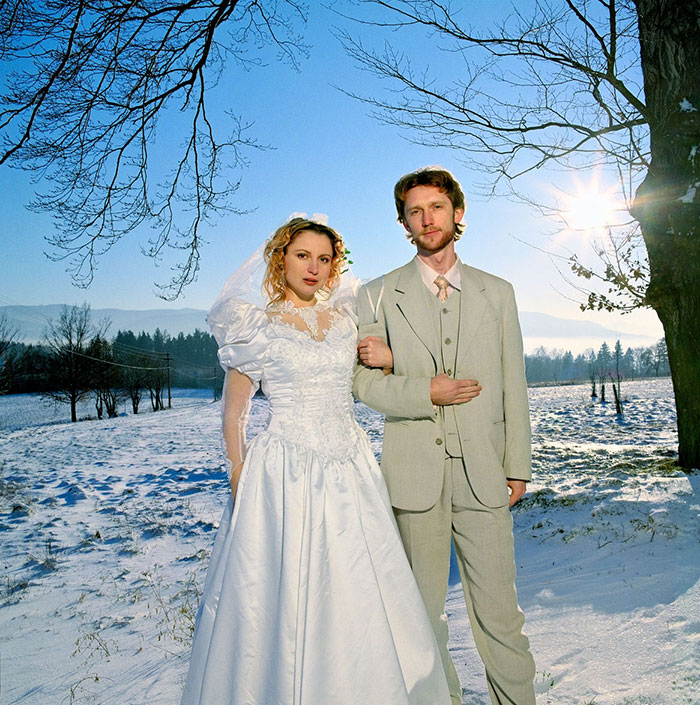
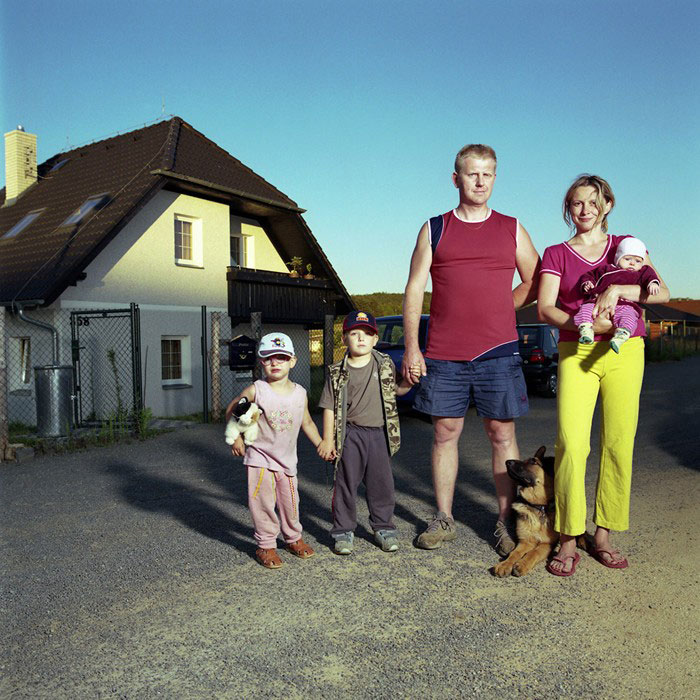
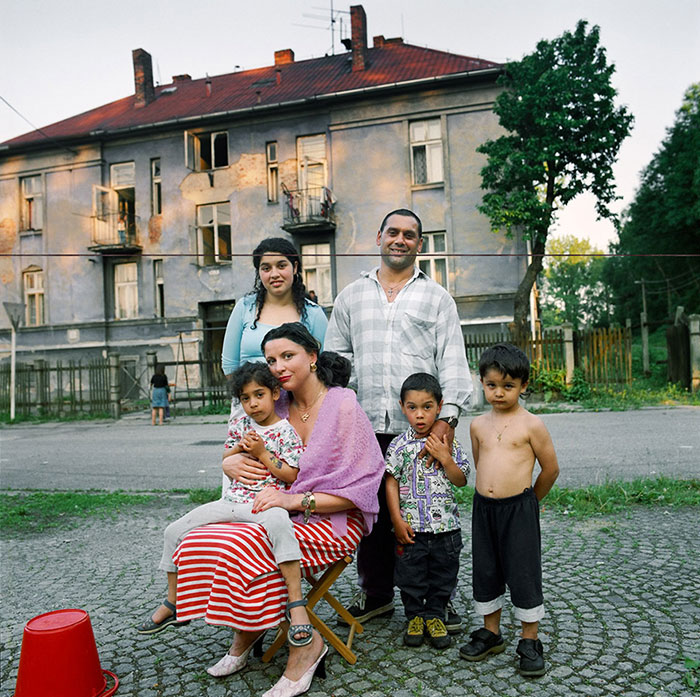
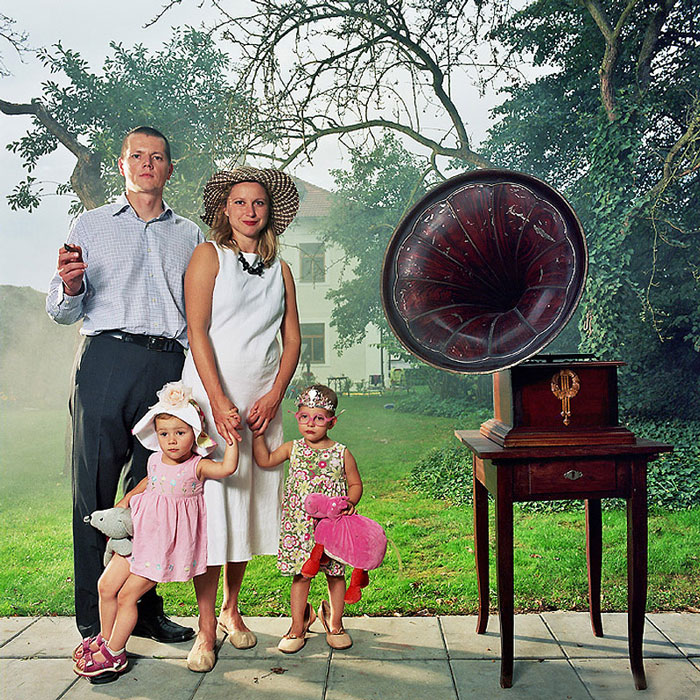
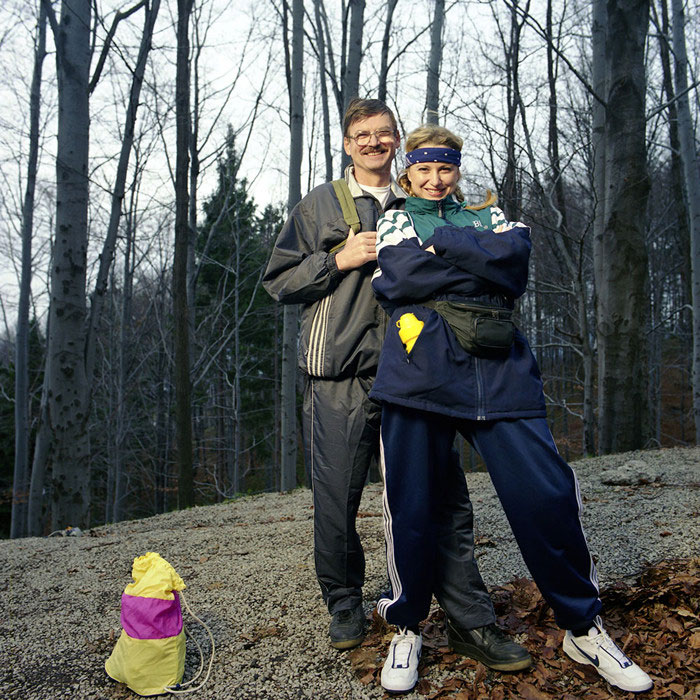
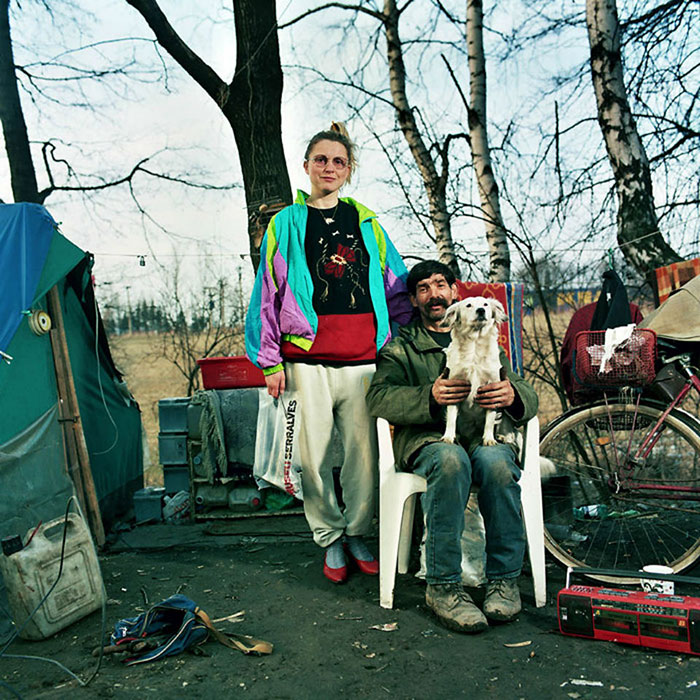
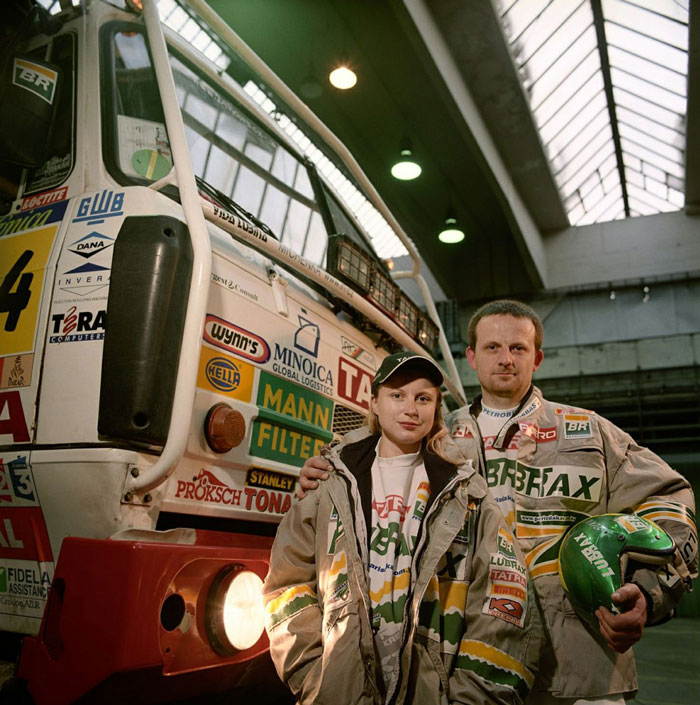
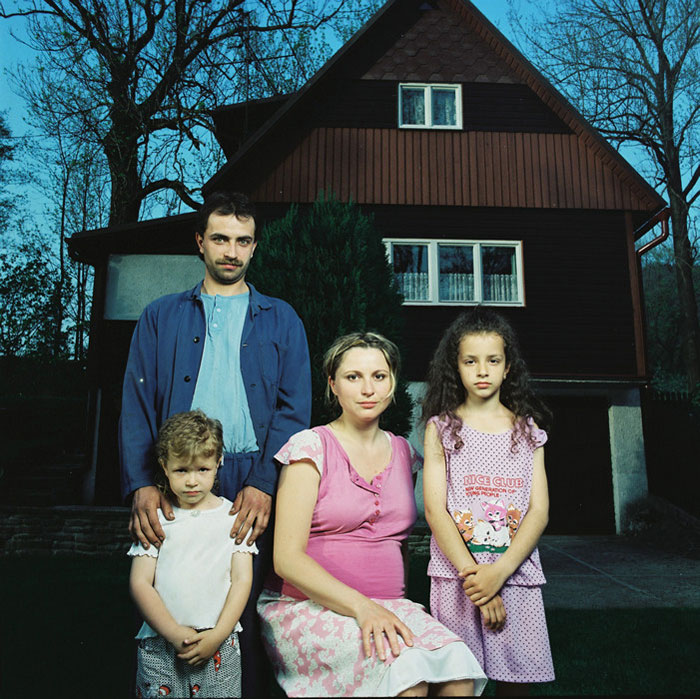
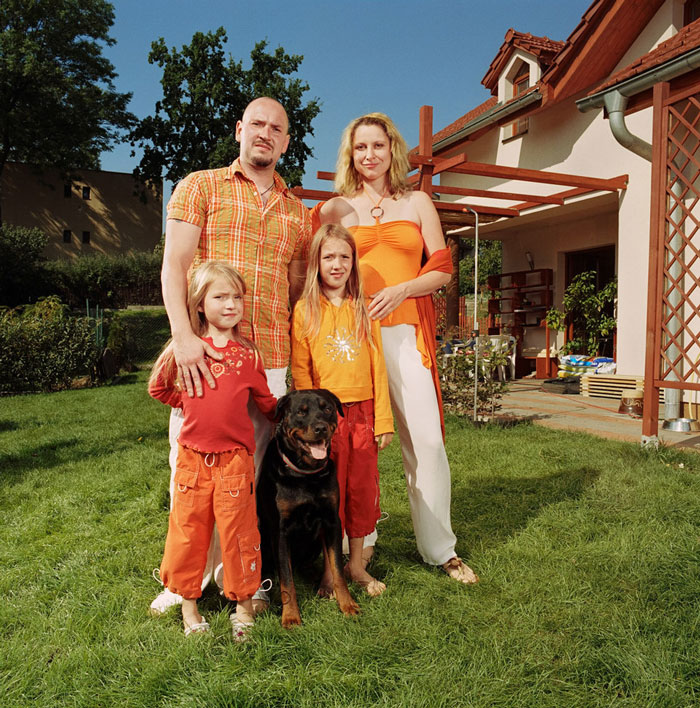
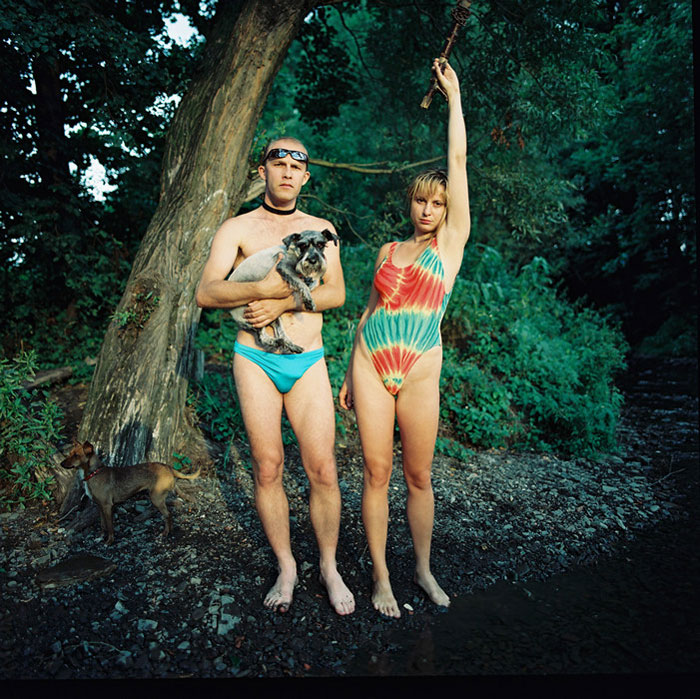
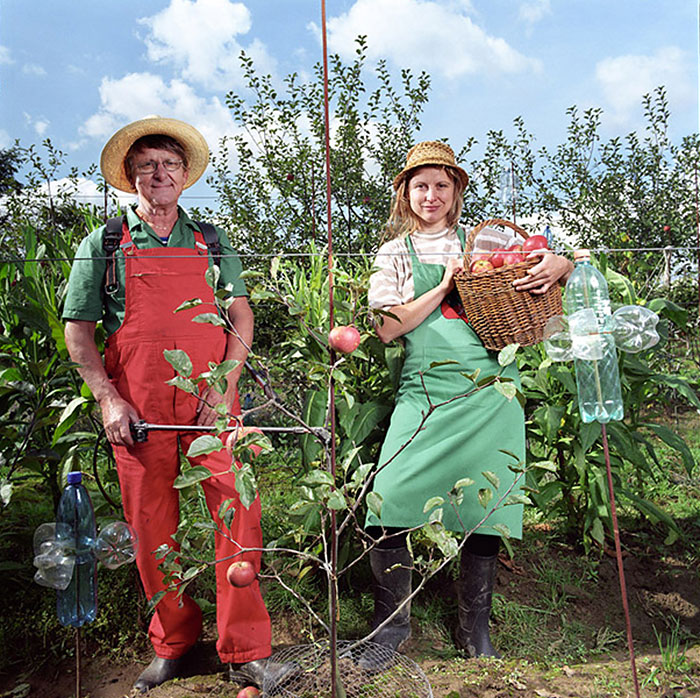
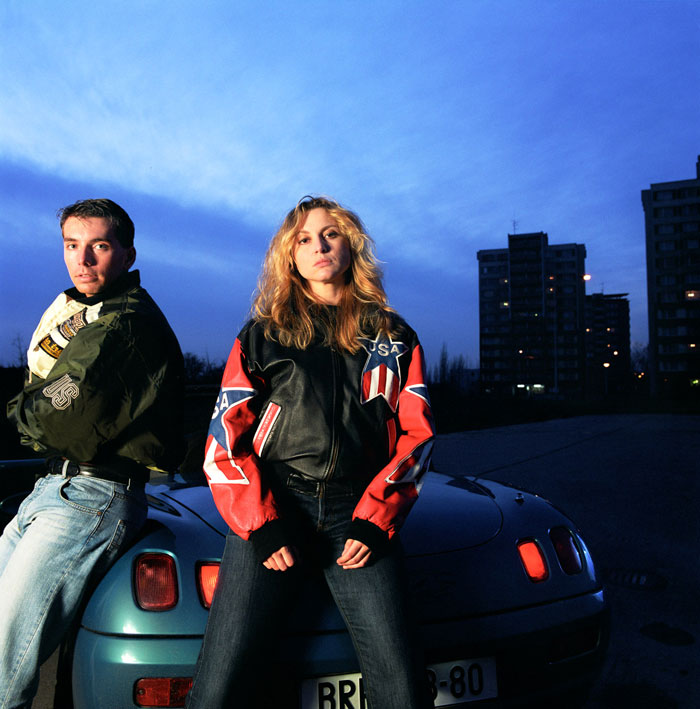
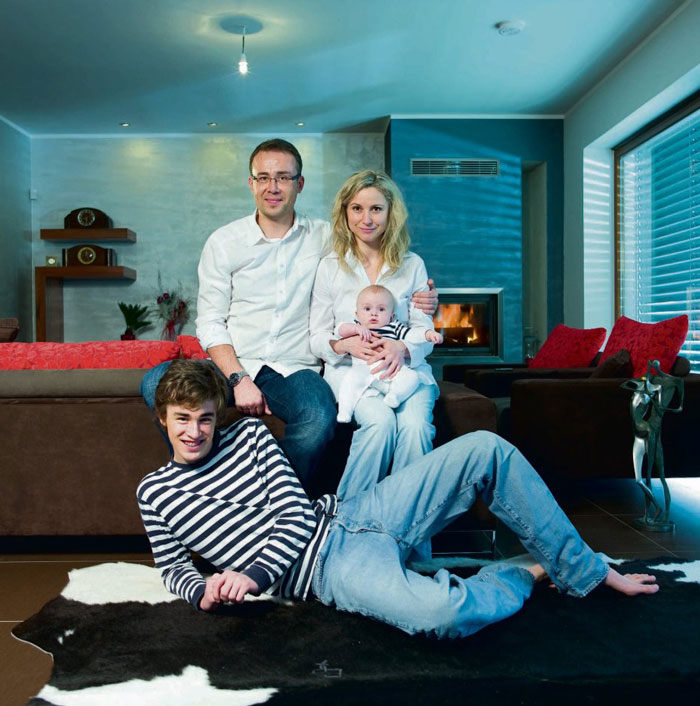
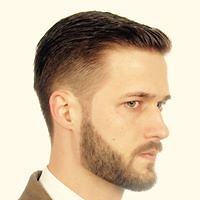


145
28